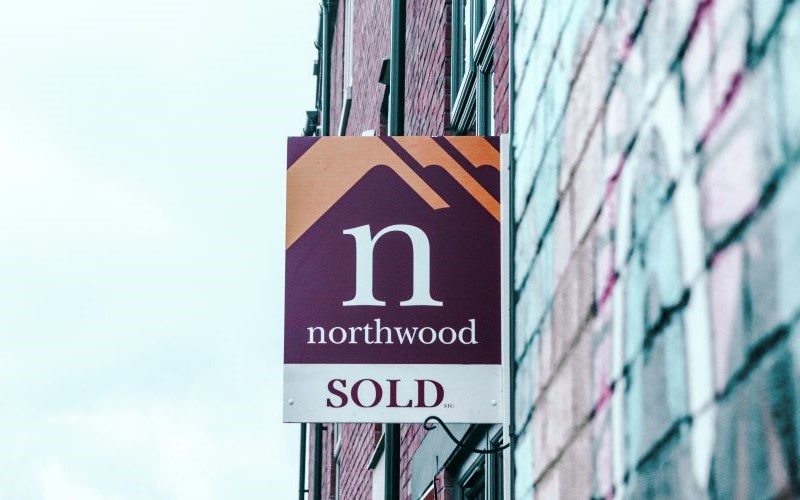Overpriced houses were cited as the main reason why Londoners believe houses aren’t sold, according to new Good Move data.
The survey saw 77% of Londoners blamed an unreasonably high asking price when asked to name up to three reasons why they thought houses remained unsold.
This is higher than the 62% of people across the country who blamed overpriced houses, showing people may be overvaluing properties based on market expectations or sentimental attachment.
Property Accelerator YouTube channel founder James Nicholson said: “Demand for properties has slowed.
“The stamp duty increase prompted buyers to rush their transactions through, and people are waiting for interest rate cuts.
“Unfortunately, many sellers are pricing their properties at peak market levels, but it’s essential to be realistic and price competitively to sell your home.”
While it seems sensible to try to maximise the sale of a property, there can be expensive consequences to leaving a property on the market too long.
Property expert Nima Ghasri said: “When people overvalue their home, they spend much longer trying to sell it, leaving sellers in a state of flux.
“Sellers can end up losing more money due to costs of maintaining their home and damage their chances of buying their next property too.”
The survey, run with Find Out Now, showed that 47%, 44%, and 42% of people also blamed undesirable locations, houses needing too much work, and difficulties getting mortgages as buyers, respectively.
Other minor reasons included poor-quality photos or marketing, too much competition from similar homes, poor timing of sales, and estate agents not doing a satisfactory job.
The survey also showed a difference between expectations and reality of house sales, with 24% of respondents guessing it took between five and six months for a sale, while only 7% of respondents who’d tried to sell said it actually took that short a time.
However, Propertymark CEO Nathan Emerson believes the sellers and buyers will be in harmony in the not-too-distant future, as the economy slowly returns to a stable state of lower interest rates and 2% inflation.
He said: “As affordability and general consumer confidence fluctuate, it can be difficult to pinpoint housing prices across the country.
“Sellers are looking to capitalise on their sale to propel their next purchase, so expectations from both parties can be hard to align, meaning homes can take longer to sell.
“Once inflation eases and interest rates return to usual levels, house prices should be easier to pinpoint.”
Inflation had been trending back to the target level before jumping up to 3.5% in the year to April, up from 2.6% in March.
Interest rates remain at 4.25%, and the Bank of England hasn’t increased them since August 2023, meaning the housing could become more predictable for sellers soon.
Further information about the survey can be found here.
Picture credit: Free to use from Unsplash





